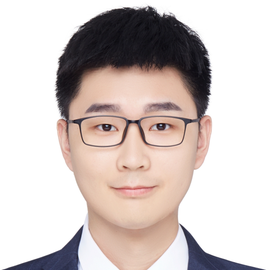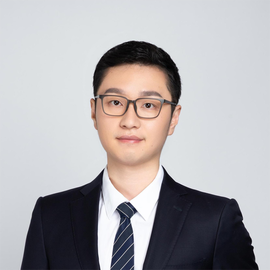Abstract
The von Neumann and quantum Rényi entropies characterize fundamental properties of quantum systems and lead to theoretical and practical applications in many fields. Quantum algorithms for estimating quantum entropies, using a quantum query model that prepares the purification of the input state, have been established in the literature. {However, constructing such a model is almost as hard as state tomography.} In this paper, we propose quantum algorithms to estimate the von Neumann and quantum α-Rényi entropies of an n-qubit quantum state ρ using independent copies of the input state. We also show how to efficiently construct the quantum circuits for {quantum entropy estimation} using primitive single/two-qubit gates. We prove that the number of required copies scales polynomially in 1/ϵ and 1/Λ, where ϵ denotes the additive precision and Λ denotes the lower bound on all non-zero eigenvalues. Notably, our method outperforms previous methods in the aspect of practicality since it does not require any quantum query oracles, which are usually necessary for previous methods. Furthermore, we conduct experiments to show the efficacy of our algorithms to single-qubit states and study the noise robustness. We also discuss the applications to some quantum states of practical interest as well as some meaningful tasks such as quantum Gibbs state preparation and entanglement estimation.
Publication
Physical Review Applied

Research Assistant
I obtained my MS degree in Physics from Imperial College London. I was an intern at Baidu Research under the supervision of Prof. Xin Wang. I am currently a PhD student in quantum information at Osaka University. My research interests include quantum error mitigation, quantum information theory and quantum computation.

Associate Professor
Prof. Xin Wang founded the QuAIR lab at HKUST(Guangzhou) in June 2023. His research primarily focuses on better understanding the limits of information processing with quantum systems and the power of quantum artificial intelligence. Prior to establishing the QuAIR lab, Prof. Wang was a Staff Researcher at the Institute for Quantum Computing at Baidu Research, where he concentrated on quantum computing research and the development of the Baidu Quantum Platform. Notably, he spearheaded the development of Paddle Quantum, a Python library designed for quantum machine learning. From 2018 to 2019, Prof. Wang held the position of Hartree Postdoctoral Fellow at the Joint Center for Quantum Information and Computer Science (QuICS) at the University of Maryland, College Park. He earned his doctorate in quantum information from the University of Technology Sydney in 2018, under the guidance of Prof. Runyao Duan and Prof. Andreas Winter. In 2014, Prof. Wang obtained his B.S. in mathematics (with Wu Yuzhang Honor) from Sichuan University.